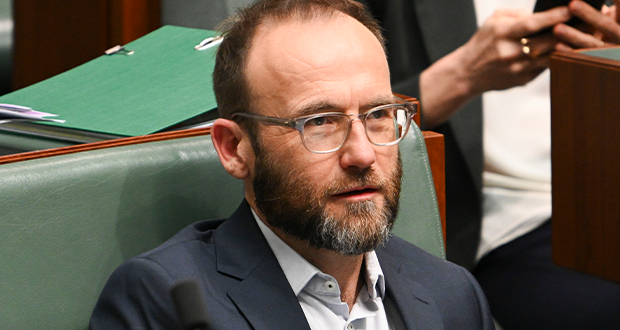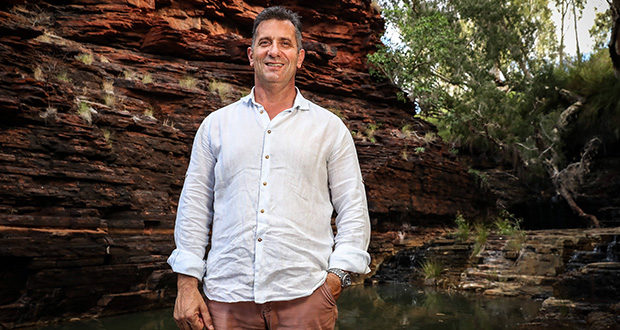Nursing and engineering students in Edinburgh will work together to come up with new technologies that address real challenges in healthcare, as part of a new partnership.
Edinburgh Napier University and Heriot-Watt University have signed a memorandum of understanding to formalise what they described as a first-of-its-kind research collaboration.
“Nurses are an untapped reservoir of innovative solutions for the health and care sector”
Cathal Breen
The programme will see Heriot-Watt engineering students visit Edinburgh Napier’s clinical simulation facilities and work with nursing students to co-design new healthcare innovations.
Professor Cathal Breen, professor of simulation and clinical skills at Edinburgh Napier, said: “Nurses are an untapped reservoir of innovative solutions for the health and care sector.
“However, the health sector workforce is not currently incentivised to come up and come forward with solutions.
“In our new agreement with Heriot-Watt, our students will identify potentially suitable clinical problems and work with engineering students at Heriot-Watt to design solutions to real-life clinical problems. It is hugely exciting.”
The memorandum of understanding comes as Heriot-Watt, which is also based in Edinburgh, launches a new global research institute in health and care technologies.
Lead academic for the institute and professor in microfluidic engineering, Professor Maïwenn Kersaudy-Kerhoas, welcomed the new partnership with Edinburgh Napier.
She said: “This collaboration will ensure an excellent student experience and we are very enthusiastic about the interface between nursing and engineering.
“Nurses are the closest to patient needs on a daily basis, by championing this first-hand knowledge and expertise, we enable nurses to co-create and help deliver innovation.
“Alongside this, our engineering students benefit from detailed real-world feedback on their health and care engineering concepts.
“The professional advice of nursing practitioners and their network of patient engagement opportunities is invaluable as we continue to create the health and care technologies needed for the future.”

Students and academics from Edinburgh Napier University and Heriot-Watt University mark their new partnership







